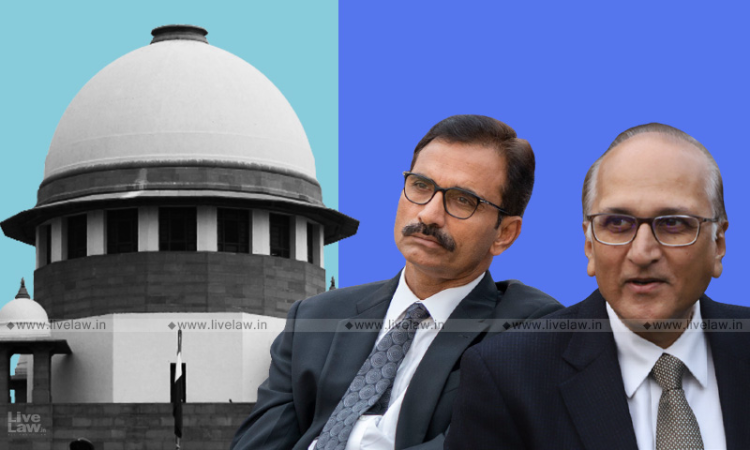'Excludes Young Successful Advocates; Arbitrary & Discriminatory' : Supreme Court Strikes Down Minimum Age Limit Of 50 Years For Appointment As Tribunal Members
Manu Sebastian
14 July 2021 8:36 PM IST

"Prescribing 50 years as a minimum age limit for consideration of advocates has the devastating effect of entirely excluding successful young advocates"
Next Story


